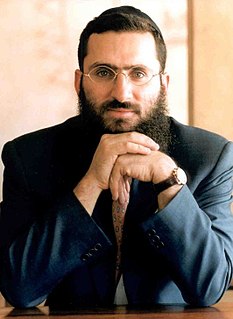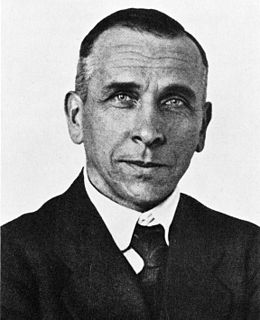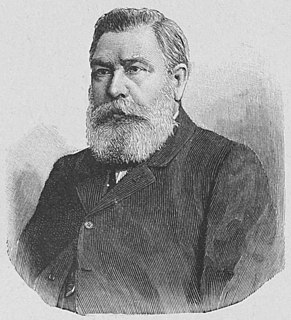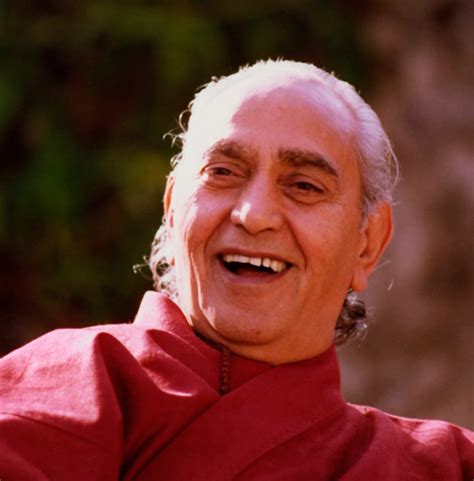A Quote by Ludwik Fleck
The current state of knowledge remains vague when history is not considered, just as history remains vague without substantive knowledge about the current state.
Quote Topics
Related Quotes
Our world is not an optimal place, fine tuned by omnipotent forces of selection. It is a quirky mass of imperfections, working well enough (often admirably); a jury-rigged set of adaptations built of curious parts made available by past histories in different contexts. A world optimally adapted to current environments is a world without history, and a world without history might have been created as we find it. History matters; it confounds perfection and proves that current life transformed its own past.
We current Justices read the Constitution in the only way that we can: as Twentieth Century Americans. We look to the history of the time of framing and to the intervening history of interpretation. But the ultimate question must be, what do the words of the text mean in our time. For the genius of the Constitution rests not in any static meaning it might have had in a world that is dead and gone, but in the adaptability of its great principles to cope with current problems and current needs.
All beings exist in an invisible state and then come to a state of visibility. Change occurs only on the surface, for the self-existent glory remains unchanged; changing form does not affect the self-existent Reality. Atman, Soul or the Self, dwells in all that is perishable, yet it remains imperishable.
Vermont is such a small state, and the most money that's ever been spent in the history of political campaigns there is $2 million. That number is going to be surpassed many times. Vermont remains a "cheap state" for the Republican National Committee. So putting $5 or $10 million into Vermont - compared to New York or California or Illinois - that's small potatoes.

































